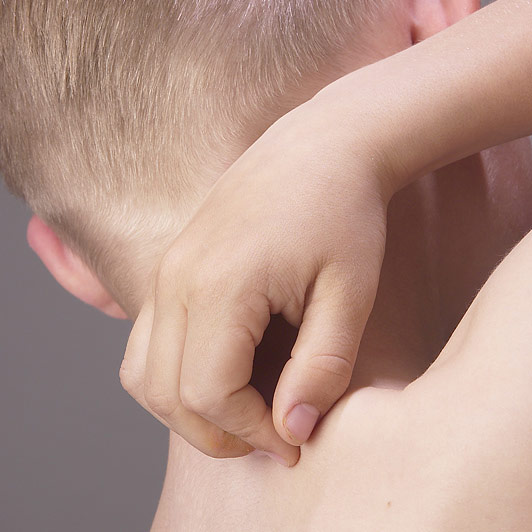FRIDAY, March 4, 2016 (HealthDay News) — Hair styling practices may be causing black women to experience hair loss, which is a major problem that often goes undiagnosed, a new survey finds.
While genetics may play a key role in hair loss among black women, styling practices such as braiding, weaves and chemical relaxing may also increase their risk of hair loss, said dermatologist Dr. Yolanda Lenzy, a clinical associate professor at the University of Connecticut in Farmington.
She joined with the Black Women’s Health Study at Boston University’s Slone Epidemiology Center to survey nearly 5,600 black women about their experiences with hair loss.
Almost 48 percent said they had suffered hair loss on the crown or top of the scalp.
“When hair loss is caused by styling practices, the problem is usually chronic use. Women who use these styling practices tend to use them repeatedly, and long-term repeated use can result in hair loss,” said Lenzy.
Even though hair loss is common among black women, more than 81 percent of respondents said they had never consulted a doctor about it.
The leading cause of hair loss in black women is a condition called central centrifugal cicatricial alopecia (CCCA). This condition causes inflammation and destruction of hair follicles that results in scarring and permanent hair loss, researchers said.
About 41 percent of survey respondents had levels of hair loss consistent with CCCA. But, fewer than 9 percent said they had been diagnosed with the condition.
Along with self-monitoring, women can ask their hair stylists to alert them to signs of hair loss, Lenzy suggested.
There are a number of treatment options for hair loss in women, she added, including avoiding tight hair styles that put pressure on hair follicles and limiting use of chemical relaxers.
The findings were to be presented Monday at the American Academy of Dermatology’s annual meeting, in Washington, D.C. Findings presented at meetings are generally viewed as preliminary until they’ve been published in a peer-reviewed journal.
More information
The American Hair Loss Association has more about women’s hair loss.
Copyright © 2026 HealthDay. All rights reserved.

